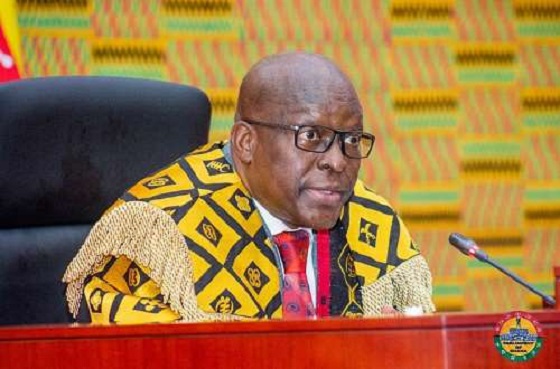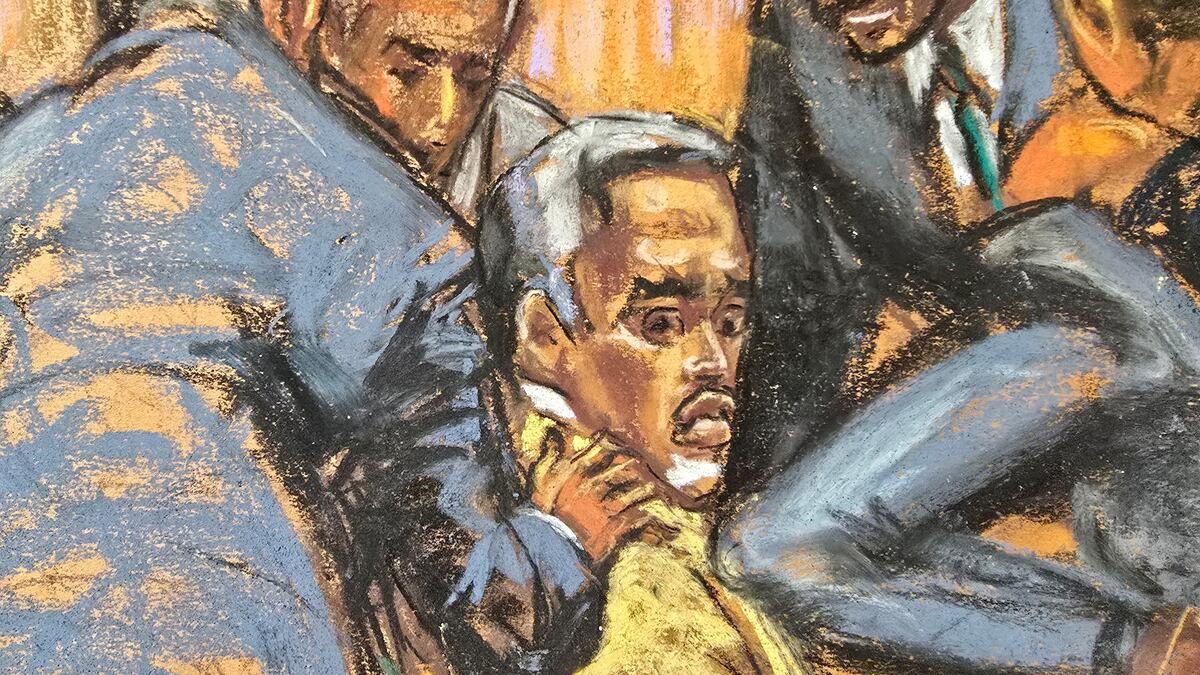
Twenty-five years after the death of socialism, Ghanaians still define new economic problems with old solutions. In other words, and to a large extent, the state, the World Bank and foreign aid still drive our development agenda, making it difficult for individual Ghanaians to use their brains and abilities to determine how best to look after themselves. Enforced by the Directive Principles of State Policy in the 1992 Ghana Constitution, economic growth is made difficult to achieve. Under this framework, with no property rights, development is still focused on the state and government rather than people.
Now, hundred years ago, coming this October and 51 years after the overthrow of Kwame Nkrumah's socialist party in Ghana, we are still feeling the impact of an old lie: socialism failed. The supposed successes such as the state sponsored factories and farms have become a handful of dust, and we are left with nothing but dreams. Sixteen years in office, and there's not much to show for it. Economic growth never did take off. Hope and change ended in frustration and fear. The last years, after the overthrow of Nkrumah's regime, have been spent in a frenzy to do something, anything, important to secure his place in history. What was the source of the failure? Despite his intelligence, education, feeling, and public-relations genius, and the rhetoric, Kwame Nkrumah's, and his successors', central problem was the failure to address the driving concern of all Ghanaians: the economy and unity of the nation.
Ironically, almost every Ghanaian who cares earnestly about poverty is aroused against the Breton Woods Institutions and neo-colonialism. But it is not only those institutions, in a more subtle way, it is those who see their jobs as the one that wins them votes: achieving cosmetic gains for the small causes of social justice, cultural inclusion, and progressive government management; and their mistaken assumption that increased spending, especially deficit spending, would help create jobs and spur higher economic growth. These people continue to erect roadblocks that inhibit long-term growth, individual flourishing, and create poverty.
We have defined socialism as the presence of coercion or constraint on the production, distribution or consumption of goods and services in such a way that the freedom of the individual to make informed choices is limited. For example, the tariffs that raise prices and higher taxes, the heavily subsidised healthcare system like NHIS, the youth employment programmes, the youth in agriculture programmes, government operated social security and minimum wage laws, partially open markets are all roadblocks which take money away from individuals and leave them with little to eat.
All these policies, on the surface, appear to be beneficial to the poor and remain a constant temptation to the majority; but they fail in the long run regardless of initial successes. Actually, these roadblocks are all part of the big lie of socialism. They deny opportunity, ignore the needs of the individual, importance of incentives, and pander to the needs of special interests. Above all, they are the cause of our huge deficits and debts, inflation and corruption.
Now, it is not the semi-educated later-day believers of the Marxian doctrine of wealth through re-distribution that we in Ghana have to fear. Those we have to fear are those who still assume that this country can be made more free and equal, and incidentally more orderly and prosperous, by a government which takes charge of the economy, and runs it according to a plan. This assumption, though temptingly credible, does not happen to be true.
Those we have to fear are those who come with socialist slogans in their mouths, and capitalist briefcase in their hands. They preach the 'mixed economy' - a third way between socialism and capitalism. This is the latest reincarnation of socialism. It also glorifies government intervention in allocating resources; the very intervention that has destroyed our economy in the past. The mixed economic system do not provide incentives to produce consumer goods, but provide very good entitlement policies. The advocates of the 'mixed economy', claim there is no need for ideology in this 21st century approach to economic development. Meanwhile, our attempts to work the mixed economy have proven to be a formula for tyranny, poverty and misery and, particularly vulnerable to corruption.
Nobody can blame those who tout the mixed economy, though. This is the system they know and have observed since independence. They do not understand the difference between "crony capitalism" and "competitive capitalism" of free markets and property rights; and because they do not understand how wealth is created, they preach a philosophy that says that the individual exits for the sake of society, not his own; that the highest moral order is for the individual to sacrifice himself to the needs and happiness of his neighbor, not his own. In a world of scarcity it is essential for goods and services to be shared 'to each according to his/her needs' they say. No need for an economic system to be based on a clear incentive structure to promote economic efficiency.
The economy should be mixed, people say, so the government could control it to protect the 'common man' from the vagaries of the free market. Of course. Unfortunately, the Ghanaian economy has fundamentally become socialist. Is there a problem in private industry? It can be fixed by public investment. Is there unemployment? Don't worry government will create factories to give jobs. Are you sick? Big daddy government will cure your sickness; is the rain blowing your house away? Don't worry, a roof is coming your way from your benefactor the almighty government.
Of course, there is a role for the government. Nobody in his right mind proposes a total abandonment of government in providing public goods. The problem is, most of the spending is not on what could be regarded as a public good. Education does not meet the criteria, nor do health care or housing. Regrettably, most of us do not have the big idea, the mental framework for thinking about economic fundamentals. They simply have none. They never figure out where wealth comes from, the contribution of freedom to its creation, the role of property rights in securing prosperity, much less how government controls and mandates hold back growth. That is the alternative with which we are confronted as a nation.
In this country, socialism, and the way our politicians and their bureaucrats have implemented it, has worked against our development and individual freedom for far too long. But still the notion that a small group of detached bigots calling themselves leaders, after winning elections, could develop this country on behalf of the people, and for the people, still drive our politics. The idea of government interference as a "solution" to economic problems continue to lead us into poverty, and yet, we refuse to change course.
Sadly, most still believe in the magic power of government as the route to unearned income. This flight from reality, is the wish to have everything capitalism offers, but without the cost of work, discipline, specialisation, and making informed choices. When the past failed policies are remembered, and we should light a light to the future by the experiences of the past, they are seen to be what they are -- dangerous fairy tales.
The dream of unearned wealth is sustaining the socialist lie even as that of Marx and Lenin fades away. The choice really is between freedom and tyranny. All the arguments and systems involves the fate of our liberty. One idea gives us life while the other, death. But, sadly, we are still beguiled by the socialist fairy tale. While this fairy tale is not credible enough, it is still dangerous and constitute a real and subtle threat to Ghana's democracy and stability.
Read Full Story

















Facebook
Twitter
Pinterest
Instagram
Google+
YouTube
LinkedIn
RSS